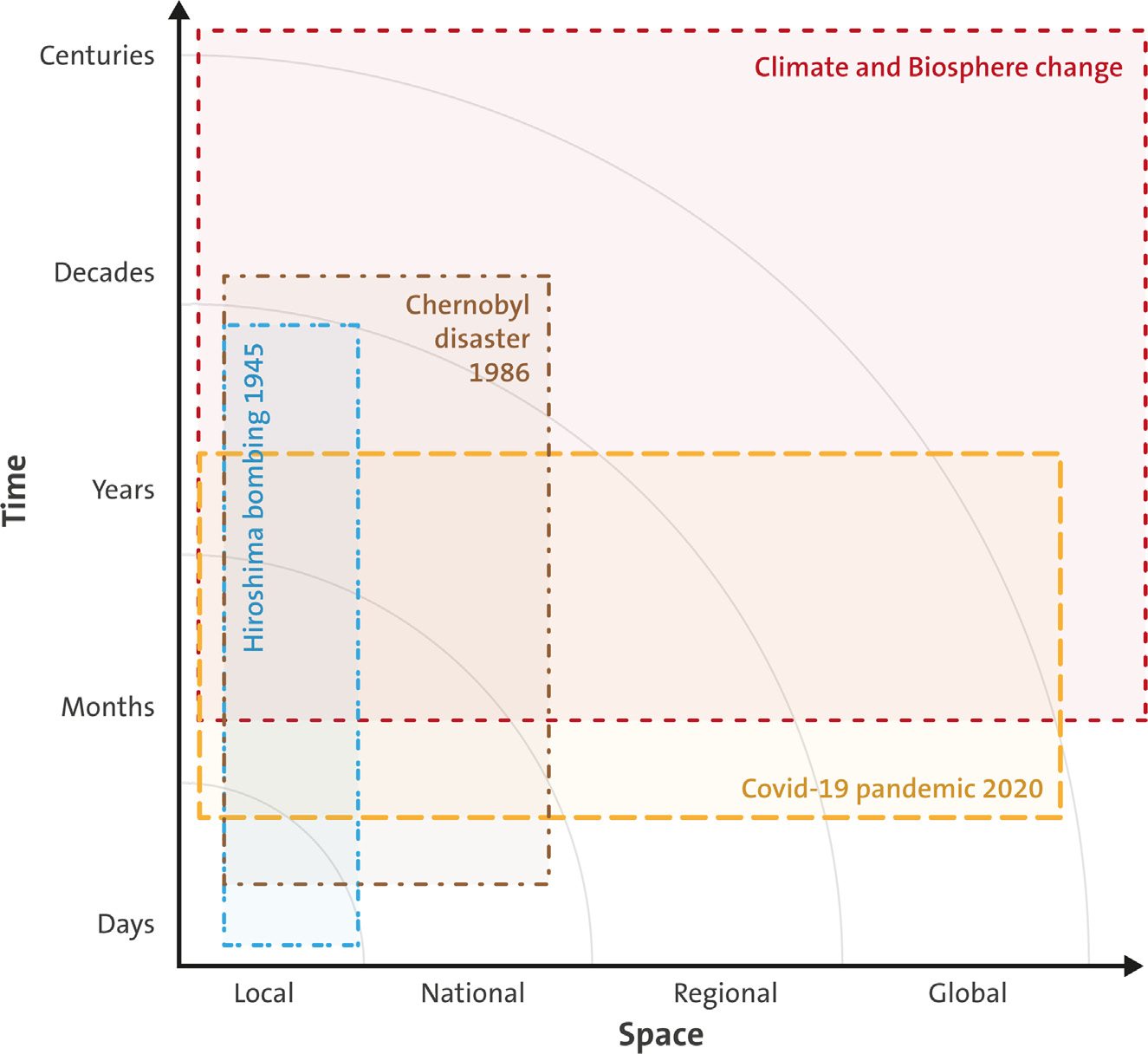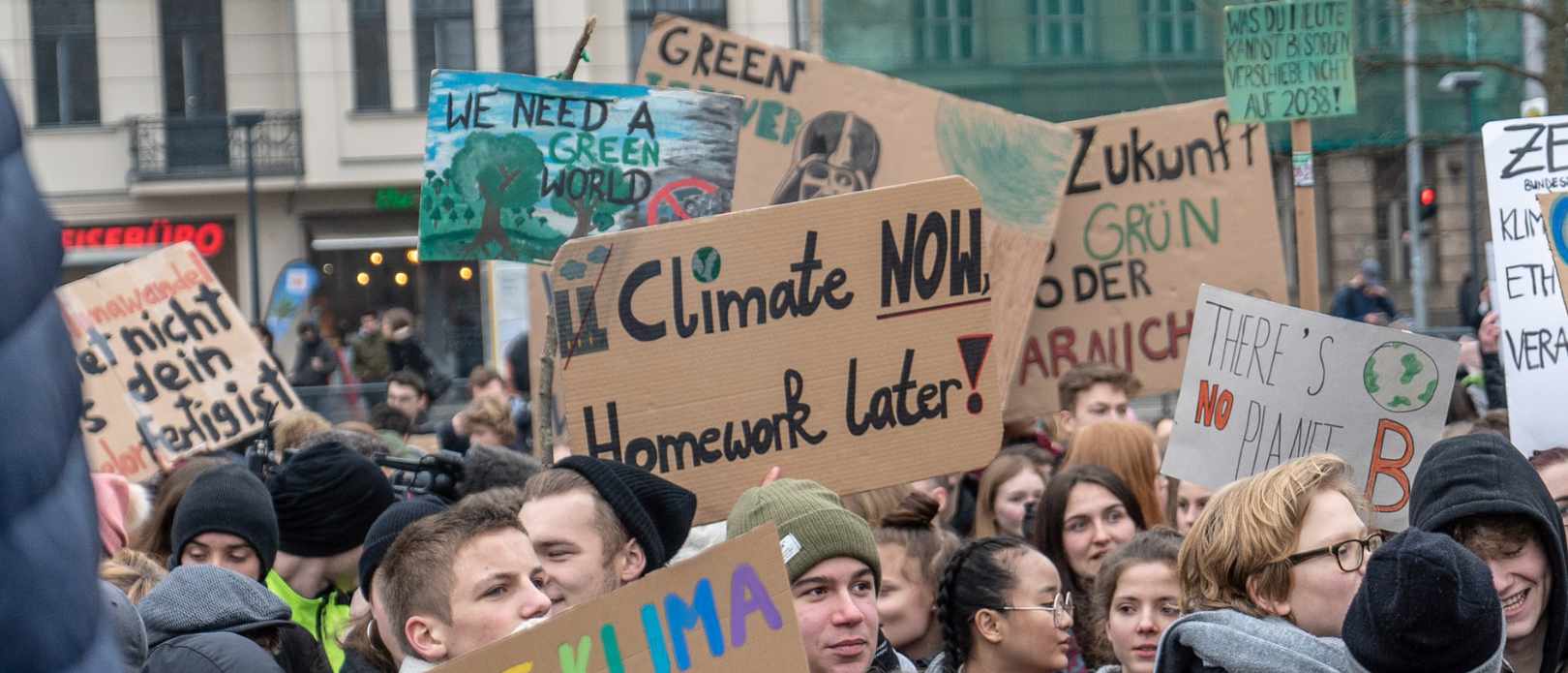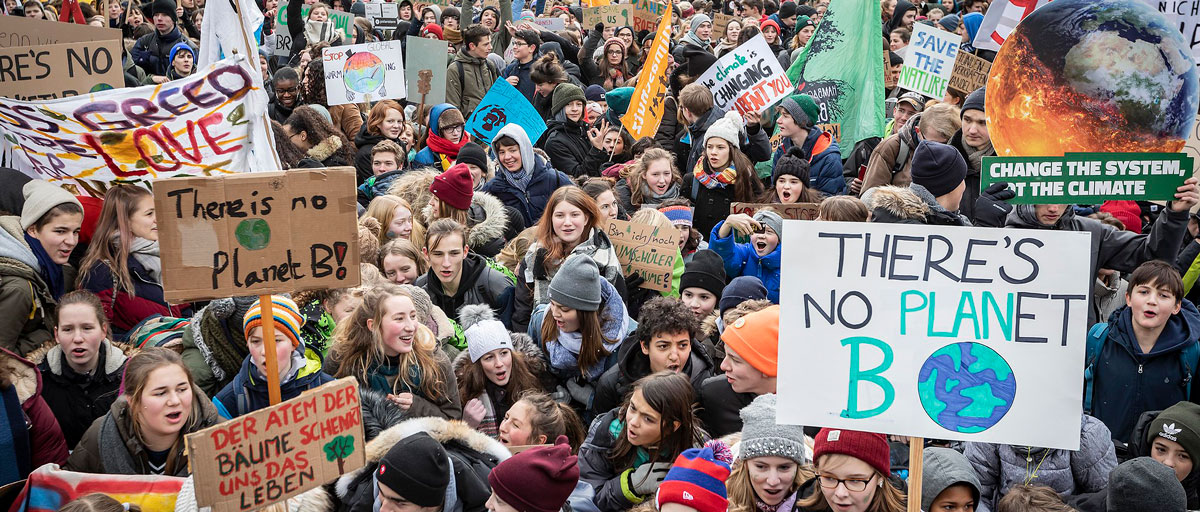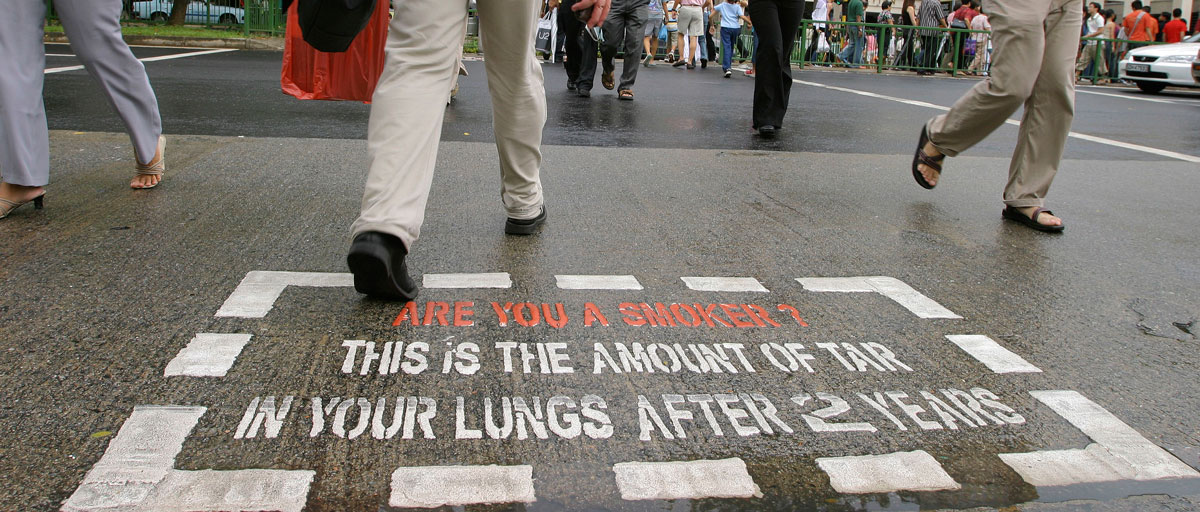ROLE MODELS
The rise of Earth altruism
Humanity may only be a short distance away from new norms needed to tackle the growing global sustainability challenges
- A new paper identifies hyper-connected role models that are challenging existing norms on a global level
- Such role models utilize novel technologies that can facilitate a new type of altruism for the benefit of both people and planet: Earth Altruism
- Earth Altruism will not be sufficient to tackle the climate and biosphere crises, but can stimulate governments to take concerted actions
A CULTURAL EVOLUTION: Greta Thunberg is a prominent example of how hyper-connected role models are influencing millions to engage with planetary challenges. Such role models represent a rapidly growing, but largely unstudied phenomenon among sustainability scholars, according to a new study published in the journal One Earth.
The Anthropocene represents a permanent crisis that is in dire need of new ideas and actions that can influence and impact how we interact with each other and with our planet in more responsible ways.
Henrik Österblom, co-author
One crisis, superimposed on everything else, that keeps testing our willingness to engage in altruistic acts is the global COVID-19 pandemic. Much is yet to be summed up on how we’ve handled this pandemic, but insights can also be gleaned from art and literature. The new study quotes The Plague by Albert Camus (1947) and concludes that there are many similarities between the current pandemic and Camus' fictional (but reality-based) cholera epidemic.
“In the novel, the realization of the magnitude of the crisis, and its relevance for everyone, resulted in an insight that there was no option but to work together despite the costs of doing so,” the authors write.
Altruism in times of crises
The COVID-19 pandemic is not only a global threat but also occurs in a dramatically different world compared to the 1940s, a time long before anyone recognized our environmental and climatic impact on the planet. The current pandemic has nevertheless altered perceptions of risks and also motivated altruistic actions in a world that is increasingly digitally connected.
A major question of our time is whether our ability to learn, collaborate and address global problems is compatible with the permanent crises we have brought on ourselves?
This existential dilemma is examined by looking into how established norms of empathy, cooperation, and engagement in altruistic acts can change during times of crises.
The devastating atomic bombs in Japan in 1945 and the 1986 nuclear disaster in Chernobyl are often described as prime examples of how humans can mobilize in altruistic actions during times of crises.

Spatial and temporal scales for selected major shocks and disturbances during recent decades: Each of these disasters have taken a toll on societies,but they have also spurred altruistic acts onvarious levels. They are, however, all dwarfed by the anticipated negative consequences of global climate and biosphere change.
Positive net effect
Österblom and his co-author, the Norwegian climate scientist Øyvind Paasche at the Bjerknes Centre for Climate Research and NORCE, present new empirical data on altruism among a range of young, hyper-connected, role models, activists, YouTubers, e-gamers, young athletes and musicians. They suggest that these role models can be “indicative of a cultural evolution toward an increased scope of concern and engagement in altruism”.
Even though they caution that some of their altruistic acts can be regarded as publicity stunts or pranks, they believe the net effect can be positive as these influencers reach millions of people.
Together they might help trigger social tipping points, influencing norms, practice and governance at scales large enough to counterbalance the climatological and ecological challenges.
“Humanity may only be a short distance away from a reality where new norms influence cooperation and learning at scales compatible with the global challenges,” Österblom and Paasche conclude.
Österblom, H., Paasche, Ø. 2021. Earth altruism. One Earth, Vol. 4, Issue 10, P1386-1397. DOI:https://doi.org/10.1016/j.oneear.2021.09.003









